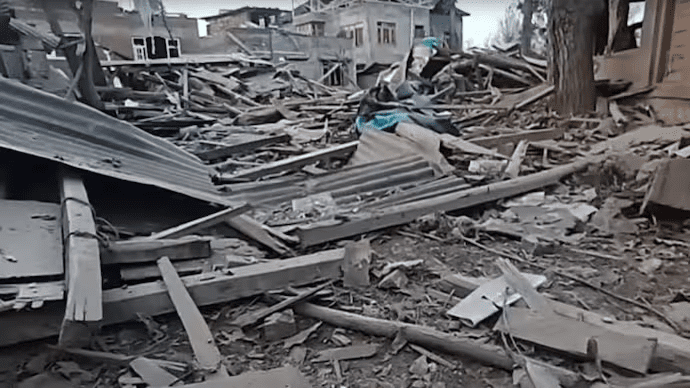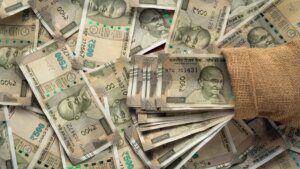During the night between Thursday and Friday, security forces demolished the residence of Dr. Umar Nabi, identified as a prime suspect in the Delhi Red Fort blast, located in the Pulwama district of Jammu and Kashmir. Authorities confirmed that Nabi was driving the car that detonated, with DNA samples collected from the blast site matching those of his mother.
The Union government has classified the explosion as a terrorist attack, prompting police to invoke the Unlawful Activities (Prevention) Act and the Explosives Act. To date, neither the National Investigation Agency (NIA) nor the government has released an official statement regarding other suspects associated with the incident, despite multiple media reports.
Following the blast, Jammu and Kashmir Police carried out overnight raids, resulting in the arrest of six individuals, including three of Dr. Umar’s family members. Reports indicate that Nabi had maintained communication with two other detained doctors connected to a terror module in Faridabad, from which police seized 2,900 kg of explosives.
The demolition of Nabi’s house has sparked controversy, especially in light of a November 2024 Supreme Court ruling, which stated that demolishing the homes of accused individuals constitutes illegal punitive action unless due process is observed. The court emphasized that property destruction as a form of punishment is not supported by Indian law, and that guilt should only be determined by the judiciary.
Aga Syed Ruhullah Mehdi, a Member of Parliament from Srinagar, criticized the demolition, stating, “Demolishing a home won’t deliver ‘punishment’; it only inflicts collective suffering.” He highlighted the cruelty of making an entire family homeless in the harsh winter conditions of Kashmir without substantial evidence or a court order linking them to the incident. Mehdi urged for accountable investigations into the actual perpetrators rather than resorting to mass detentions and demolitions, warning that such actions could take Kashmir back by decades.
Despite the lack of legal support for such actions, demolitions labeled “bulldozer justice” have become prevalent in several BJP-led states, where authorities justify them as anti-encroachment or anti-terror measures. Critics, including human rights advocates, describe these practices as arbitrary and extrajudicial, often targeting families with no verified connection to alleged crimes.
Social media posts echoed concerns over the demolition of Umar Nabi’s house, framing it as part of a broader pattern of collective punishment in Kashmir, with statements reflecting that “frame Kashmiris first, then punish their families,” despite the absence of proven connections to the accused individuals.
In related developments, reports indicate that approximately 1,500 people have been detained for questioning in Kashmir linked to the blast in Delhi. The Jammu and Kashmir Police have also intensified their operations against the banned Jamaat-e-Islami group, conducting raids at over 200 locations.
Earlier this year, security forces similarly demolished the homes of suspects in the deadly Pulwama attack, facing backlash for their actions; at least seven residential properties were razed in South Kashmir as of April 2025.
Tags: Security agencies demolish house of Delhi blast suspect Dr Umar Nabi Extract 5 SEO-friendly keywords as tags. Output only keywords, comma separated.
Hashtags: #Security #agencies #demolish #house #Delhi #blast #suspect #Umar #Nabi










